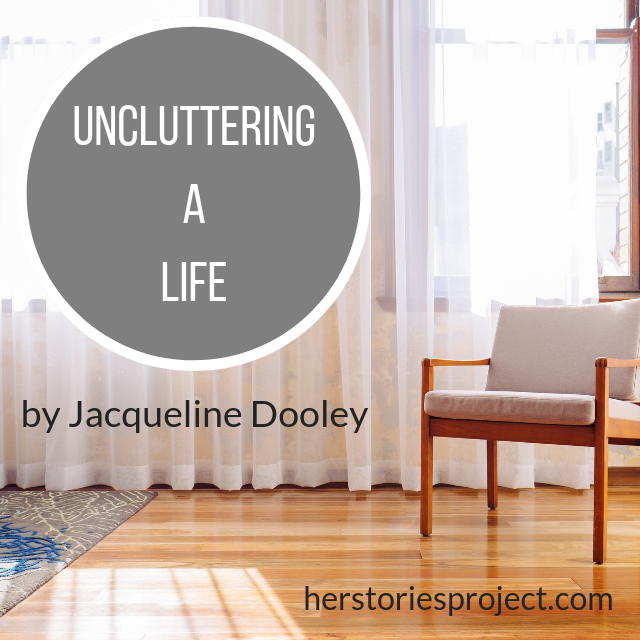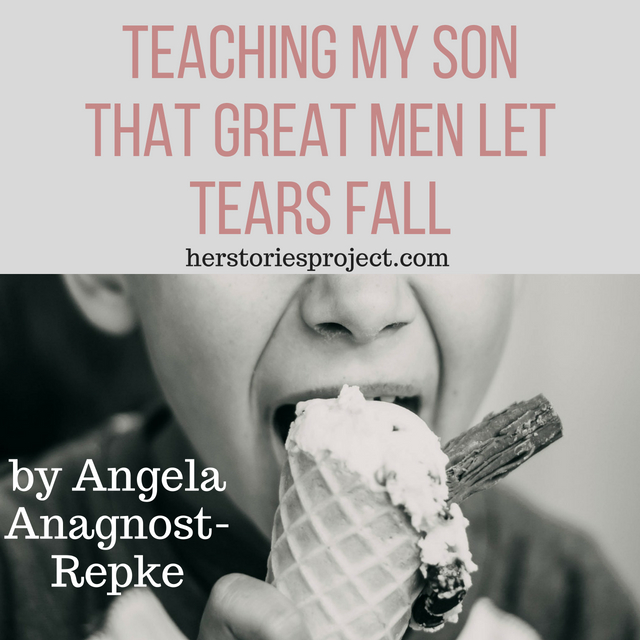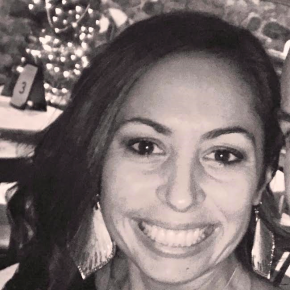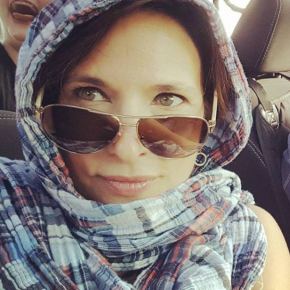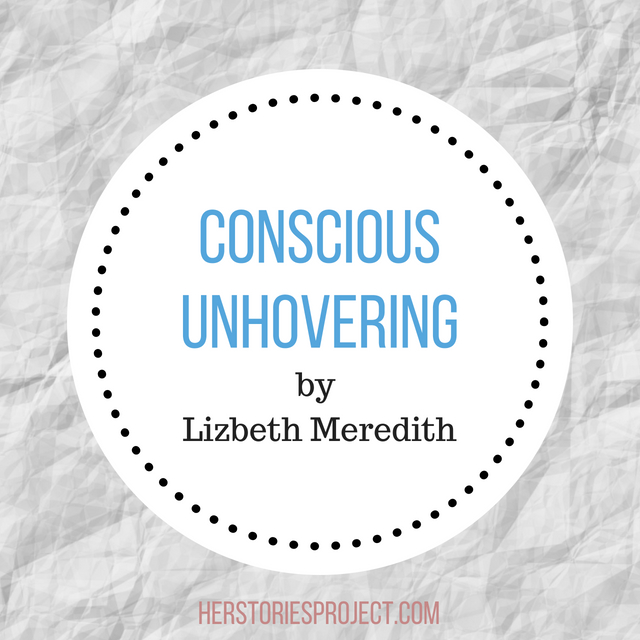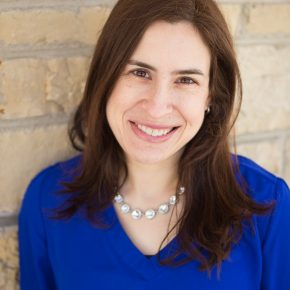Uncluttering a Life
By Jacqueline Dooley
Last month my neighbor (I’ll call him “Dave”) lost his house. A deputy showed up at the house and stood on the curb while two men moved Dave’s belongings onto his front lawn. Dave had been in foreclosure for over a year. I only learned about it in May when a man knocked on my door to see if Dave was still living in the house.
“Yes, of course,” I’d told the man. “I just spoke with him on, um…”
I’d paused, trying to recall the last time I’d spoken to Dave. Had it been two weeks? Three? Had it been longer? I looked at Dave’s overgrown yard, at the abandoned car in the carport (it had been there for years), at the sagging awning cluttered with leaves and had felt like the world’s worst neighbor.
We weren’t good friends–Dave and I–but we were friendly. I knew the code to his house. I’d fed his cat when he’d been away. He had a key to my house and had likewise fed my animals when I’d been away. Our daughters had been best friends when they were younger. Now, Dave’s daughter was eighteen. My daughter would’ve been seventeen, if she hadn’t died from cancer last March.
I tried texting Dave, but the number didn’t work. I got his new number from a mutual friend, so I was able let him know about the man. I urged him to come back and take what he could because at some point—likely very soon—the bank would send people to reclaim the house, locking him out. A few weeks later, that’s exactly what happened.
“The sheriff is here,” I texted Dave. “They’re putting your things on the lawn. You have twenty-four hours to come get what you want before they haul it away.”
“I have what I want,” he’d responded.
“I’m glad,” I texted, a lump in my throat.
After my initial text, Dave had come home one last time with some friends. They’d filled cars and pickups with whatever they could carry. It hadn’t been much.
The remainder of Dave’s things sat on the lawn for over a week—a fully decorated Christmas tree, oversized stuffed animals, his kitchen table (the chairs encircling it like an altar), two dozen black garbage bags stuffed with clothes, books and toys, a wicker side table (broken and covered with dust).
After a few days, neighbors began dropping by—curious at first, then greedy. They picked through the pile and dumped out the bags. They walked away with armloads of his memories.
The cleanup crew eventually came—a few guys with trucks—and spent an afternoon clearing out the yard. They were supposed to have it done in a day, but it turned out that the stuff on the lawn was only a tiny fraction of what was piled up inside Dave’s home. One of the workers saw me retrieving my mail and, eyes haunted, he said, “Do you have kids?”
“Yes,” I said. “Why?”
“Don’t leave this kind of mess for them to clean up when you die.”
It was a terrible thing to say to a bereaved parent, but I only nodded.
Of course, he hadn’t known that my daughter died a little over a year ago and that I’d agonized about what to do with her meager possessions—what to keep, what to throw away, and what to give away. I’d bought her most of her things—her clothes, her furniture, the candles and tumbled stones she’d loved. And, while these things reminded me of her, going through each item—with love and sadness–taught me a surprising lesson.
We are not our things.
I tried to remember this as I watched the workers fill the fourth, fifth and sixth truckloads with beer cans, framed photos, the scarlet curtains that decorated Dave’s windows for over a decade, an old piano, the refrigerator full of rotting food (duct-taped shut), mattresses, empty liquor bottles, and bags of junk excavated from the attic and basement.
There was so much of it, so many things left untouched for years. I wondered if it was for the best that other people were tasked with disposing of it. When the men left, nothing remained, not even the old car that had been parked in the same spot since the day it wouldn’t start seven or eight years ago. They’d mowed the battered lawn and put padlocks on the doors. The house was empty and ready for a new beginning.
I wondered what it had been like for Dave being surrounded by so much clutter—the remnants of a family that no longer existed. But what did I know? He’d barely lived in the house over the past year. It had become a weight around his neck filled with meaningless things.
It’s tempting to romanticize someone else’s story—the failed dreams of a broken marriage, childhood toys discarded in a heap, loneliness and loss. But we can’t really understand anyone else’s life—not even when everything they own is piled up on their front lawn.
I knew Dave had been in a new relationship for the last several years. He had a new job and a new place to live. He’d taken what he needed. Just like his empty house, he was ready for a new beginning.
Dave’s things told me more about myself than about him. They reminded me of my own grief, how it tends to immobilize me, making even the simplest tasks seem impossible.
Sometimes there are days when I can only sit, weep, and remember my sweet girl. But when those days turn into weeks, everything in my life becomes stagnant. My daughter wouldn’t have wanted that.
It’s easy to picture my house never changing, filled with the debris from my past, easy to let my stuff back me into a cluttered corner forever, easy to imagine rotting alongside the things that once gave me joy.
After the workers took the final truckload of Dave’s belongings away, I walked through every room in my house and tried to imagine strangers putting my things into black garbage bags and tossing the furniture out the windows. I picture the neighbors picking through it, finding treasure amidst my old pain. But maybe that’s not so bad. Do I really need all this stuff?
My daughter grew up in this house. She died in this house. If I threw everything out, the walls would remind me of her. If every room was suddenly empty, the space around me would be filled with her. If I move to the other side of the world with only the clothes on my back, I’d take her memory with me. What else is there, really?
I started my own process of uncluttering from an imagined center of open space.
It’s slow and cathartic—going through each room and uncollecting its contents, letting them fall from my life until I’m all that remains. When I’m done, the house will be much emptier, but it will hold many more open spaces. There will be room for my grief to expand when it needs to and room to display the things that truly matter—artwork, photos, and little else.
Someday I’ll leave even these things behind and I like to imagine that whoever hauls it away will wonder how I managed to get by with so little.
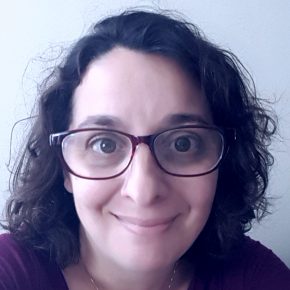 Jacqueline Dooley is a writer and self-employed digital marketing consultant located in New York’s Mid-Hudson Valley. Her essays on parenting a child with cancer and parental grief have appeared in The Washington Post, Modern Loss, Longreads.com, Pulse Voices, The Wisdom Daily, HuffPost.com and others. Ms. Dooley blogs about parental grief at http://www.thehalfwaypath.com and has published three fantasy novels – all of them feature a child with cancer.
Jacqueline Dooley is a writer and self-employed digital marketing consultant located in New York’s Mid-Hudson Valley. Her essays on parenting a child with cancer and parental grief have appeared in The Washington Post, Modern Loss, Longreads.com, Pulse Voices, The Wisdom Daily, HuffPost.com and others. Ms. Dooley blogs about parental grief at http://www.thehalfwaypath.com and has published three fantasy novels – all of them feature a child with cancer.

